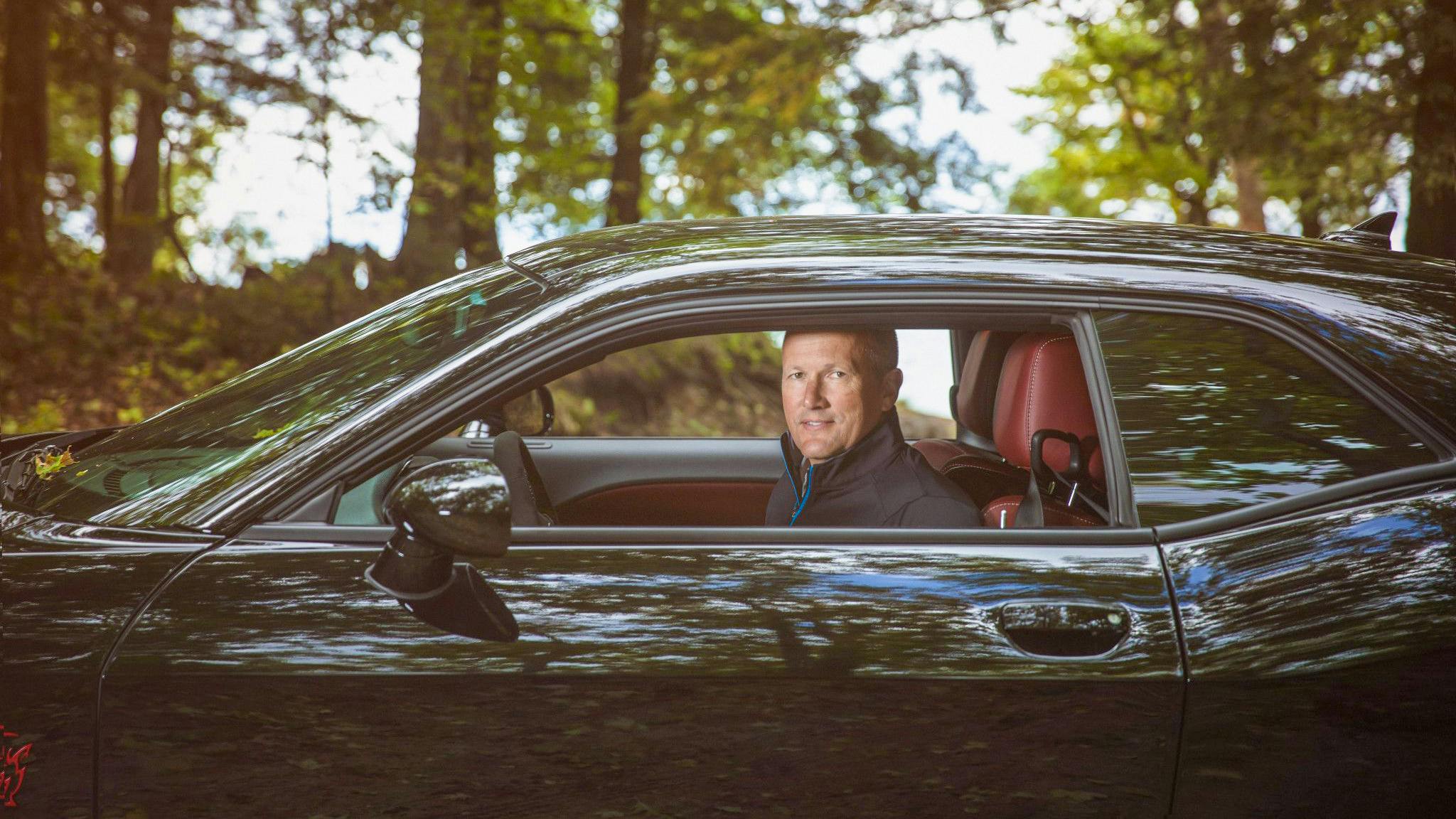The rules of buying good classic cars have always remained the same: try to find the best one you can afford, look for originality, matching numbers and correct engines.
But if you actually like classic cars, this is a load of rubbish.

If you like cars, you should really be looking for cars with mismatched engines, dodgy body kits and just enough rust to make it look a bit ropey but still hold together when you go over a bump.
Because those cars are a bargain, and more importantly they have been driven in the past by people like you. Why does it have the wrong engine? Probably because the owner holed a piston or warped a head, and it was the quickest and cheapest way to get it back on the road. For driving.
Why does it have a body kit? Because the owner loved driving it so much he wanted to emulate his racing heroes. Rust? If it is non- structural, it won’t affect your driving.
Notice the common thread here? Driving.
Also, lots of the all-important ‘originality’ that people pay for is a load of rubbish too. A very well respected dealer told me that an early 1960s racing Ferrari that he was looking after had an unusual differential oiling mechanism. When he tried to get it certified through Ferrari Classiche, they refused, until a new ‘correct’ pattern diff had been fitted. And by new, I mean brand, spanking, never-been-near-Maranello new. No matter that the oiling mod was almost certainly an original trackside alteration that kept the car lapping the circuit.
Lower down the scale, there are often forum punch-ups over which model was fitted with which hubcap. Again, most of this is rubbish. A friend, once the director of a large Italian sports car company in the 1960s and 70s told me that almost every time he visited the factory the workforce were on strike. Cash flow was so bad that often parts suppliers refused to send bits until they had received payment. The mechanics would be sent down-town to the local motor factors to buy something-anything- that fitted, so that the car could be finished and sold.
Another problem with lovely cars is that they don’t remain so lovely if you drive them. A few months ago I asked Quentin Willson why he sold his E-Type, and his response was that he’d over-restored it. When a car is too nice, with ten layers of immaculate paint glimmering in the sunlight, immaculate chrome and an engine you could eat your dinner off, it takes a brave person to go and rag it around a dirty B-road in the rain.
So why should enthusiasts go with the bitsa rather than the trailer queen? Because they are more fun. Another scratch won’t matter. Another oil drip won’t even be noticed. And if the worst comes to the worst and you warp the head, just go and get another one. You’ll get to do a lot more driving, and you’ll be buying a bargain while all the ‘collectors’ line up to buy a shiny thing with wheels as an investment. Then tell people your car is a load of rubbish. That way prices will stay low and we enthusiasts will be left alone to enjoy our cars in peace.
Just don’t smile too much, or you might give the game away.






